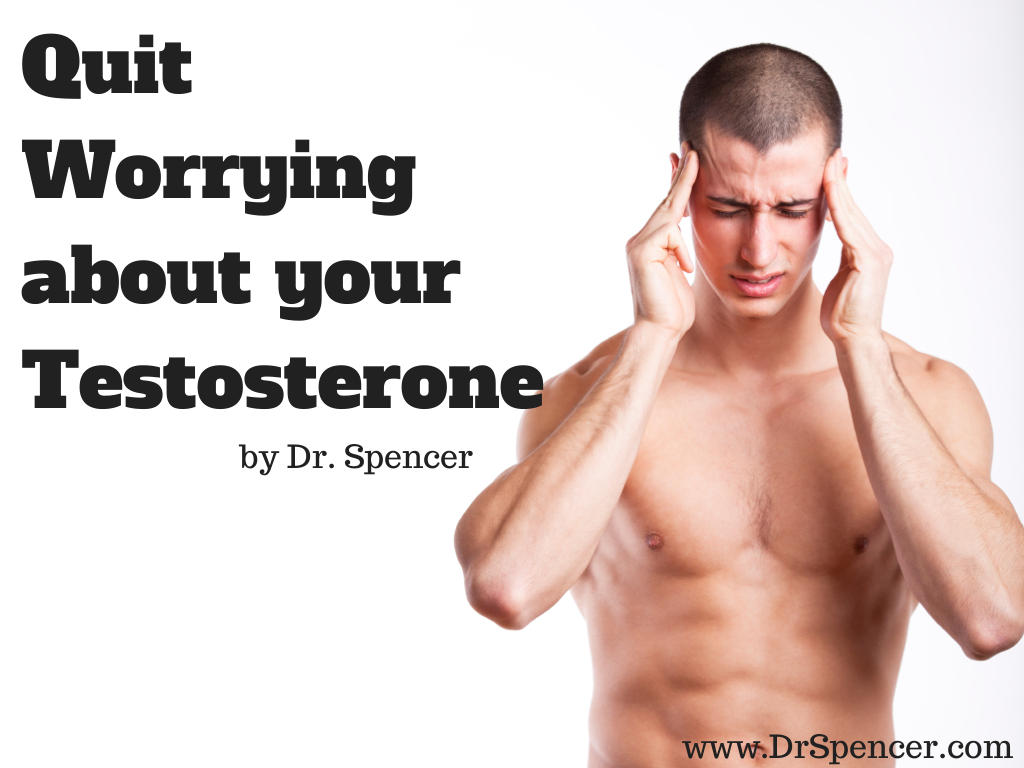
True hypogonadism (low testosterone or low “T”) is a real issue and needs to be worked up and treated appropriately. Depending on what organization or person you ask, you may get a different definition of what true pathologic hypogonadism really is. The smartest andrologists/endocrinologists/hormone replacement docs and organizations will argue till the cows come home, but let’s just say that you don’t have true hypogonadism if you have two fasting morning total testosterone levels of at least 350-400 ng/dl and no symptoms of low “T” (decreased erections, low libido, etc). This is where it can get in the weeds because many symptoms cross over with other things (HPA-axis dysfunction and hypothyroidism) and yes you can look at free testosterone calculations to dive deeper. Really this is all beyond the scope of this article as you will see.
This article isn’t for those who have true hypogonadism. This article is for the guys in the gym that believe you need a high normal level of testosterone to build muscle.
For example, there is an internet fitness guy that pushes his diet and slow exercise philosophy on everyone. This guy asked me how to increase his testosterone from 450 ng/dl (or somewhere around that level) to at least 600 ng/dl because some bodybuilder told him that it was impossible to gain muscle without that testosterone level (at least 600 ng/dl). This is ridiculous and absolutely wrong. Says who? Just because a big bodybuilder who was using exogenous (supplemental) testosterone said it was so? Hogwash (does anyone use that term anymore?)
What about testosterone boosting supplements? They are BS.
Metabolic syndrome (big waist circumferences and insulin resistance) and HPA Axis Dysfunction (mistakenly called Adrenal Fatigue) are two things you can work on to increase your natural T levels if you have these things. Other than getting leaner and meaner with great sleep and stress reduction, there isn’t much else – and you know what? That is just fine because you can get big and buff without the high normal testosterone levels. There are multiple mechanisms of muscle growth (hypertrophy), so to focus on testosterone only is silly. My buddy Brad Schoenfeld has written many articles about this topic – a 2010 paper can be found here.
